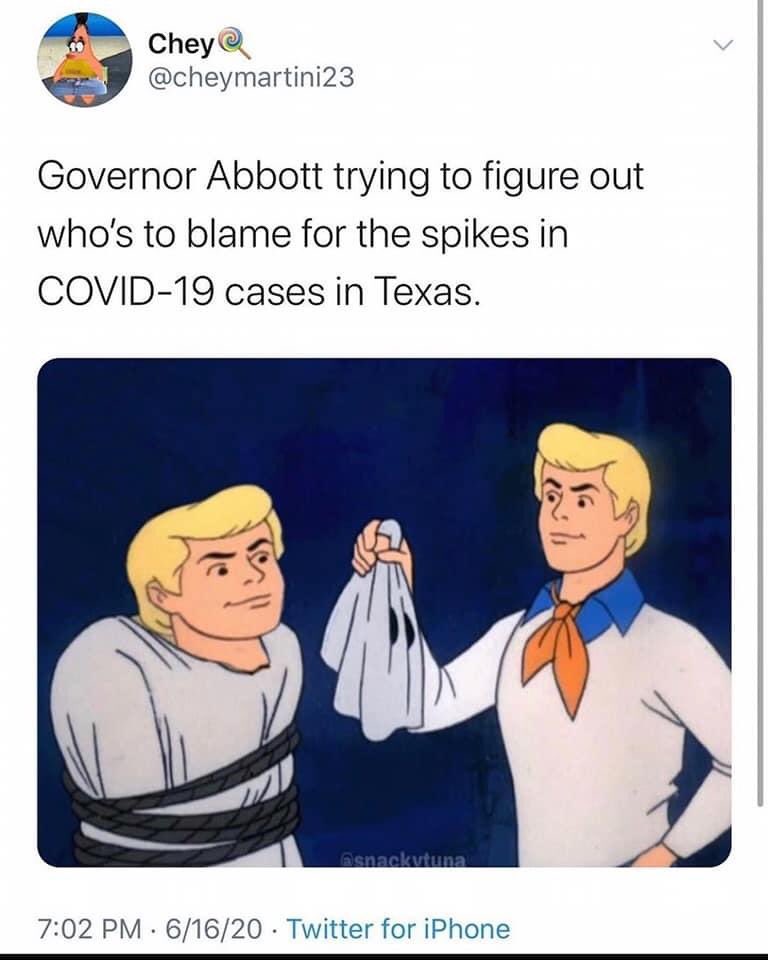The Republicans did warn us they’d be sore losers.
Republican judicial candidate Erin Lunceford filed a petition Wednesday seeking a new election in Harris County’s 189th judicial district court race after losing by 2,743 votes out of more than 1 million ballots cast.
Lunceford’s opponent, Democrat Tamika Craft, won the election by 0.26 percent of the vote.
The petition, which names Lunceford as the contestant and Craft as contestee, claims numerous violations of the Texas Election Code, including a failure to provide a sufficient amount of ballot paper to 25 polling locations.
Harris County Republican Party Chair Cindy Siegel indicated there could be more election contests to come.
“During the last month, we’ve had a lot of our candidates that were in very close races that have been talking to us wanting to know the information that we’ve accumulated and have reported,” Siegel said. “Several of them are considering election contests.”
Andy Taylor, general counsel for the Harris County GOP, is representing Lunceford.
Taylor accused Harris County Elections Administrator Cliff Tatum, who took over the office starting in August, of intentionally causing ballot paper shortages in Republican-leaning neighborhoods.
“If it was just mismanagement, it was just gross incompetence, wouldn’t one think that the lack of paper would apply equally and uniformly across the map, so that there would be roughly an equivalent number of Democratic stronghold precinct neighborhoods as well as Republican precinct stronghold neighborhoods?” Taylor said. “And, yet, that’s not the way it’s breaking.”
Taylor alleged 80 percent of polling places with paper shortages on Nov. 8 were in areas considered Republican strongholds.
“I want to send a message to the Harris County elections administrator,” Taylor said. “Mr. Tatum, your day of reckoning has just started.”
In a statement, Harris County Attorney Christian Menefee said his office will keep a close eye on Lunceford’s election contest.
“I’m disappointed to see another losing candidate challenging the results of their election. Judge Lunceford previously served on the bench, so I trust she understands the seriousness of asking a court to disregard the votes of over a million residents across Harris County,” Menefee said. “This case will focus on the details of every aspect of the November 8 election in Harris County. My office will be involved in the case every step of the way to ensure people’s votes are protected.”
The petition is filed in Harris County, but the case will be heard by a judge from outside the county, according to Menefee’s office.
So many things to say, so I’ll bullet-point it:
– This is different from the ridiculous election contest filed in HD135 by a candidate that lost by 15 points and over 6,000 votes. That one would be heard in the House by a House committee, if Speaker Phelan for some reason doesn’t toss it as a frivolous waste of time. This one will be heard in a courtroom.
– As a reminder and a general principle, never believe a word Andy Taylor says.
– To put it another way, good luck proving intent. Also, reports from the field on Election Day about paper issues were very much coming from Democratic sites. The Texas Organizing Project didn’t file its lawsuit to extend voting hours because of problems in The Villages and Cy-Fair.
– Random fact: In 2020, Democrat Jane Robinson lost her race for Chief Justice of the 14th Court of Appeals by 1,191 votes out over over 2.3 million cast, a margin of 0.06 percent of the vote. You know what she did? She conceded gracefully and went on with her life.
– Another reminder: There were 782 voting locations on Election Day, and you could vote at any of them. There were a half-dozen voting locations within walking distance of my house on Election Day. Anyone who ran into a problem at one location could have gone to another. By all accounts, there were maybe 20-25 sites that have paper issues. That left a mere 750 or so alternatives, including ones that would have been very close by.
– In other words, please find me the people who showed up to vote at a location that was having paper problems, and did not wait for them to be fixed, did not go to another location, did not come back later, and as a result did not vote. You really gonna claim that there were over two thousand of them, and all of them were going to vote for Erin Lunceford?
– Did I mention that the Republicans opposed the extension of voting hours in Harris County (and not in red-voting Bell County, which also had voting location issues), and also opposed the counting of provisional ballots cast by people who voted after 7 PM? As I said before, the obvious way to deal with delays in opening a given voting location is to push back the closing time for it. But the Republicans opposed that at every turn.
– Can you imagine what the Republican response to this would be if it were a Democrat complaining about voting location problems? You could have voted elsewhere! You could have voted early! It’s your own damn fault you didn’t vote! Look at how zealously they opposed all of the efforts to expand voting access in the pandemic, including the third week of early voting that Greg Abbott ordered. You’re immunocompromised and you want to vote by mail or from your car because you’re afraid of a deadly disease? Too bad!
– The remedy, if they somehow win on these laughable claims, would be to redo the entire damn election. To say the least, that is a massive, massive upending of the regular democratic order. The amount of evidence they’d need to provide to come close to justifying such an ask, I can’t even begin to comprehend.
– But really, this is all about making noise and trying to cast doubt on the election administrator’s office and government in general in Harris County. It’s just the Big Lie in a slightly sanitized package.






















